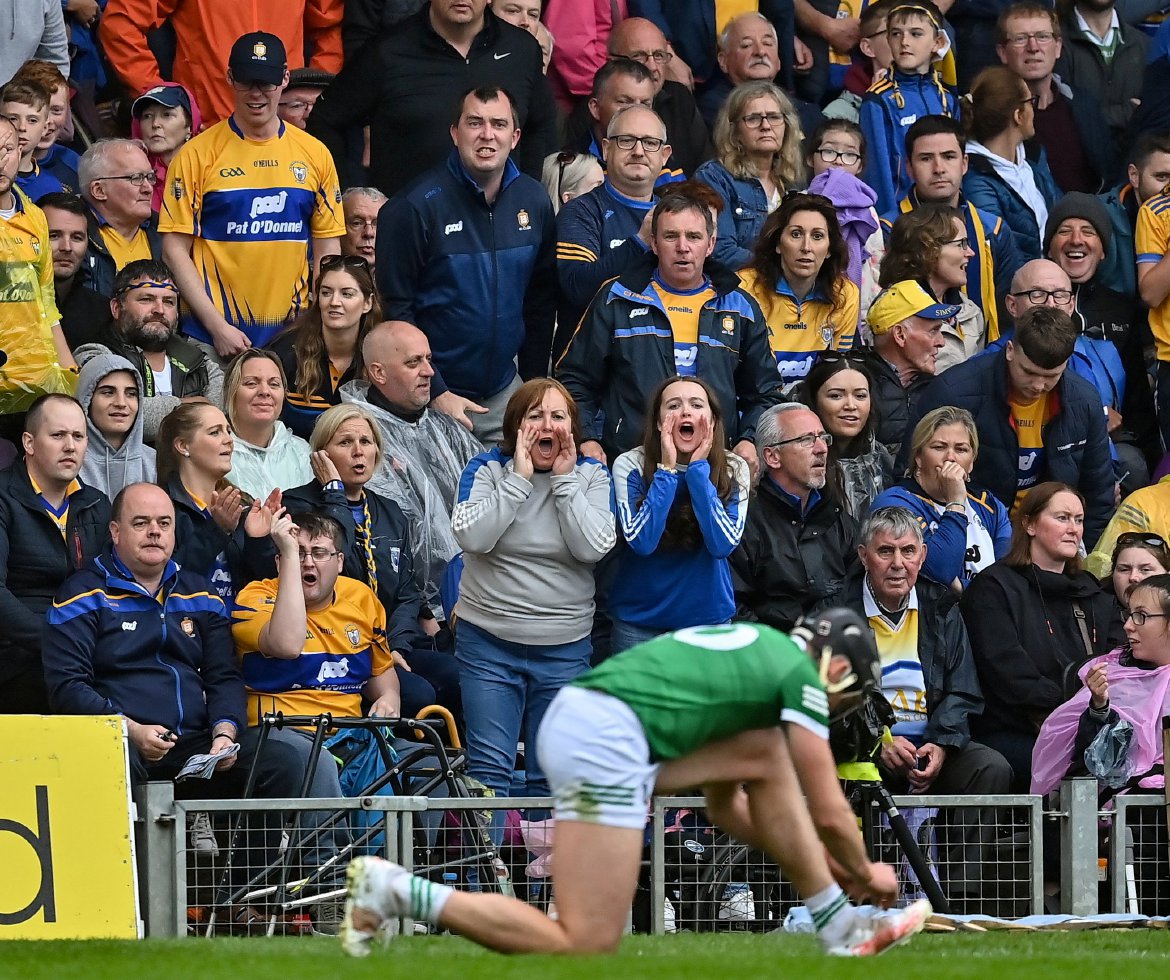THERE are many more important things in life than our great Gaelic games but because of the time and commitment required to succeed at the highest levels, it still plays a huge role in people’s lives.
Consequently, along with the great joy the journey and ultimately the winning brings us, the losing can bring great despair. This is where the greatest learning can take place, if players and management alike are willing to look at themselves for answers.
Following defeat it can be easy to point the finger at the player or team and say ‘how or why did he or she make that kind of mistake?’ or ‘why did the team attack or defend like that?’ It’s as if preparation was perfect where the players were told exactly what to do.
That’s where the problem starts. Great detail may have been delivered to the players regarding how they are going to attack or defend or run certain set plays or kick-outs. Yes this detail is required to ensure clarity, but the problem is training hasn’t been designed to give players the opportunity to practice these scenarios enough.
Great credit has been given to Paul Kinnerk on how his sessions with the Limerick senior hurlers are designed on giving players problems to solve. Not just generic sessions, but rather creating problems specific to what they face versus future opponents.
So not only does this improve players’ decision-making but it adds another layer to it. No wonder this very successful team doesn’t do panic during intense championship action as training is often harder than the game itself.
I think if many coaches review recent sessions and then review team and individual performances during a game, then they will realise that there is not that alignment between match day performance and development on the training ground.
Unopposed practice has a role but often for fear of injury or priority on freshness, players do not get enough time to practice what they need to do to win the game. The ability to look at the picture in front or around them, read certain cues or triggers and then either make the right decision on the ball or go to the right position, off the ball.
Also a mistake made is where training can be set up to ensure few mistakes are made, players have many ball contacts, variety of drills, and good energy with the idea being this will create confident players, ready to perform come match day.
There’s nothing wrong with that approach at certain times maybe, but ultimately it is used too often as this is an easier session to set up while the specific problem-solving session will take longer to plan and harder to deliver. Coaches need to be comfortable with training being messy or with the fact that the team may struggle with certain parts of the game.
This type of preparation can be a culture or tradition whereby coaches are just copying what they have been used to as a player. This ‘copying’ culture can transcend itself onto sidelines and the stands during match day.
During training. a player may make most of the decisions on or off the ball but then come match day, at different stages the coach, selector, substitute, physio, injured player, parent or supporter in the club will tell the player what to do, particularly when he or she is in possession of the ball.
Yes of course during a game a player may need certain direction or coaching, but the scenario of everyone having free rein to deliver instruction to the player is all too common.
Rather than thinking this will help the player, it will limit their ability to make the best decision as they are unable to focus to on the key information around them.
There is some great coaching and club development on-going but I still think great progress can be made in the coaching and the development of our players.
Rather than blame the players, coaches and clubs alike need to ask if they can do better.
Paudie Kissane
087 7600658
www.pkperformance.ie
Receive quality journalism wherever you are, on any device. Keep up to date from the comfort of your own home with a digital subscription.
Any time | Any place | Anywhere












